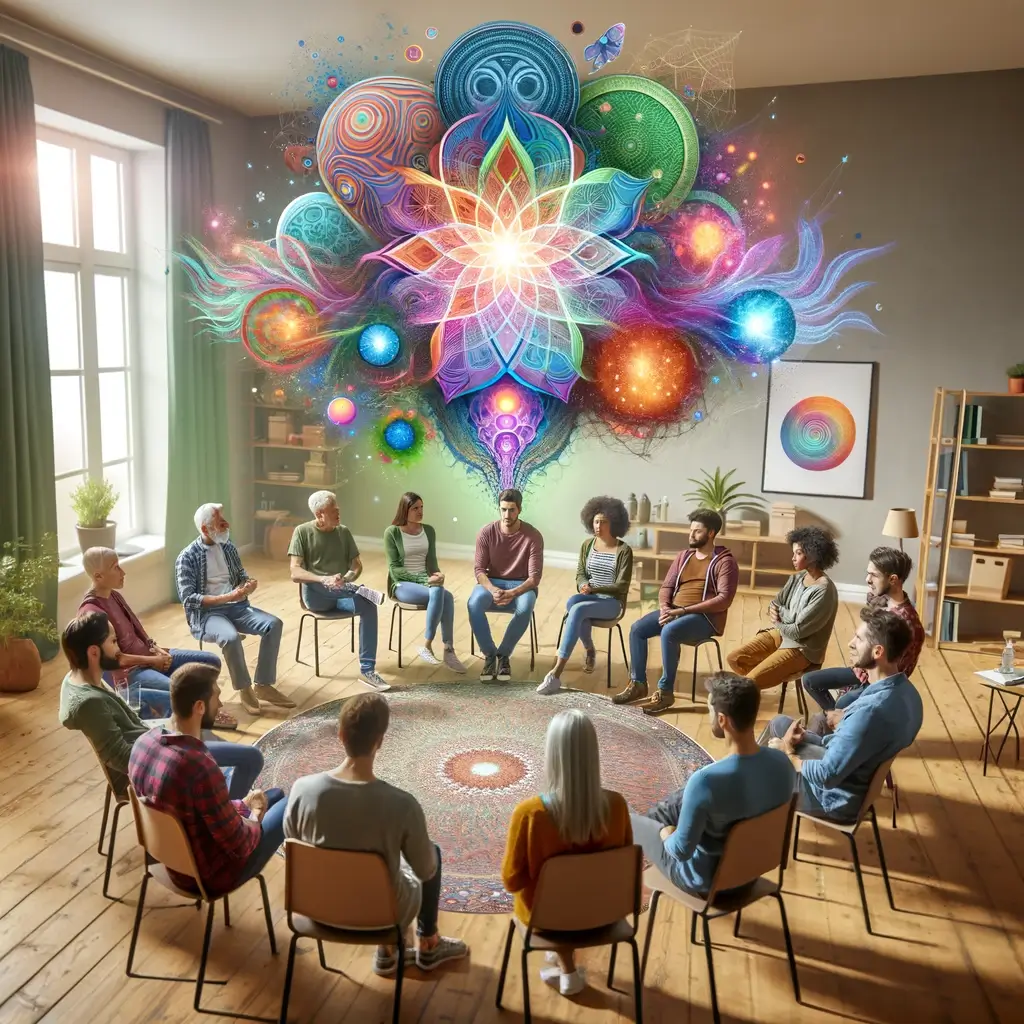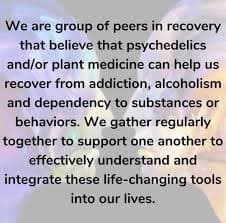More than ever, people are turning to plant medicine and other psychedelics to assist with healing from issues such as trauma, depression, and addictive behaviors, just to name a few. There’s something so spiritual and powerful about these modalities, including psilocybin mushrooms, ketamine, marijuana, ayahuasca, and MDMA, that enables individuals to look deep within themselves in their search for self-growth and positive transformation.
Psychedelics have gotten a bad rap over the years, yet with responsible and intentional use, their use can allow individuals struggling with mental health problems to dig deep, oftentimes much more effectively than traditional forms of treatment. For those dealing with addiction to harmful substances such as alcohol, opiates, and speed, psychedelics can offer deep introspection and a reframing of the oftentimes elusive reasons they turned to these substances in the first place.
The problem that arises, in these cases, is that Alcoholics and Narcotics Anonymous are strictly opposed to the use of any mind-altering substances in their recovery problems. It’s not a requirement that their members be actively tested to make sure that they don’t use psychedelics, but they do discourage mentioning their use during meetings. This can make those who have had breakthroughs in their recovery using these healing modalities reluctant to share their success stories with others in the community.
The good news is that there is a growing movement, Psychedelics in Recovery, that utilizes the highly successful 12-step framework of N.A. and A.A., while allowing for the open discussion of the role that psychedelics have played in their recovery. While primarily an online meeting place, Psychedelics In Recovery has recently branched out, offering in-person meetings.
Now, due to the efforts of local psychedelic proponents J. M. And P.S., PIR now offers in-person meetings for anyone interested. Since they opened meetings to the public back in April, they’ve found moderate success in attracted psychedelic users in recovery who had been itching for a local community of like minded individuals.
In an effort to draw more attention to their cause, I decided to sit down with the pair to see what their program is all about. In an effort to honor their anonymity, I will refer to the both by their first and last initial.







